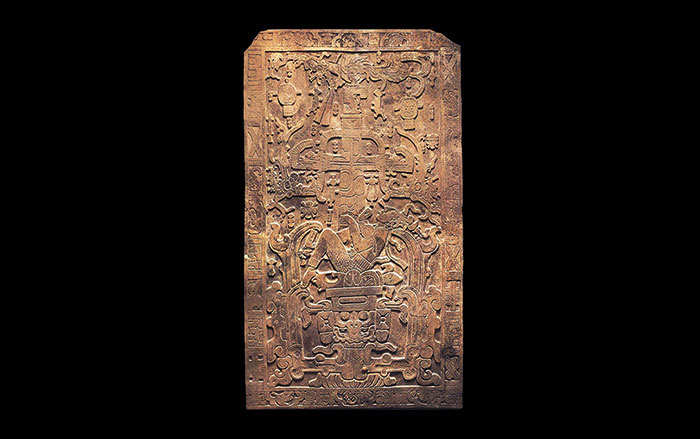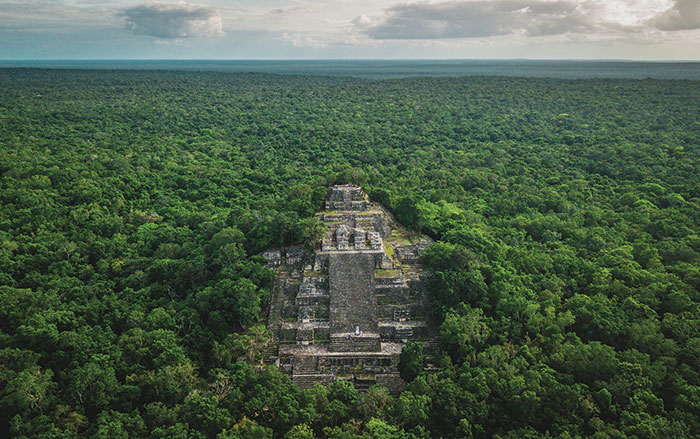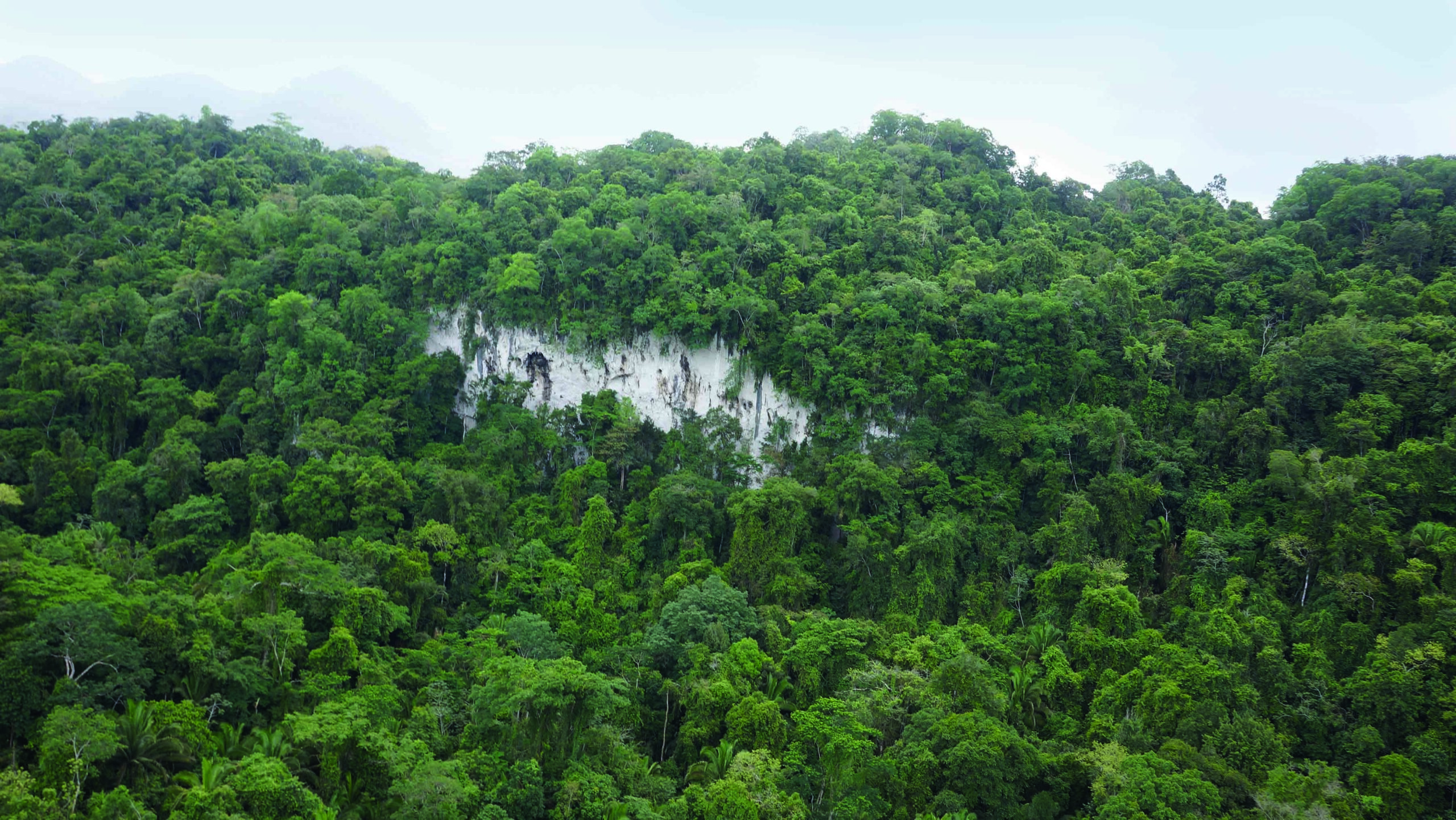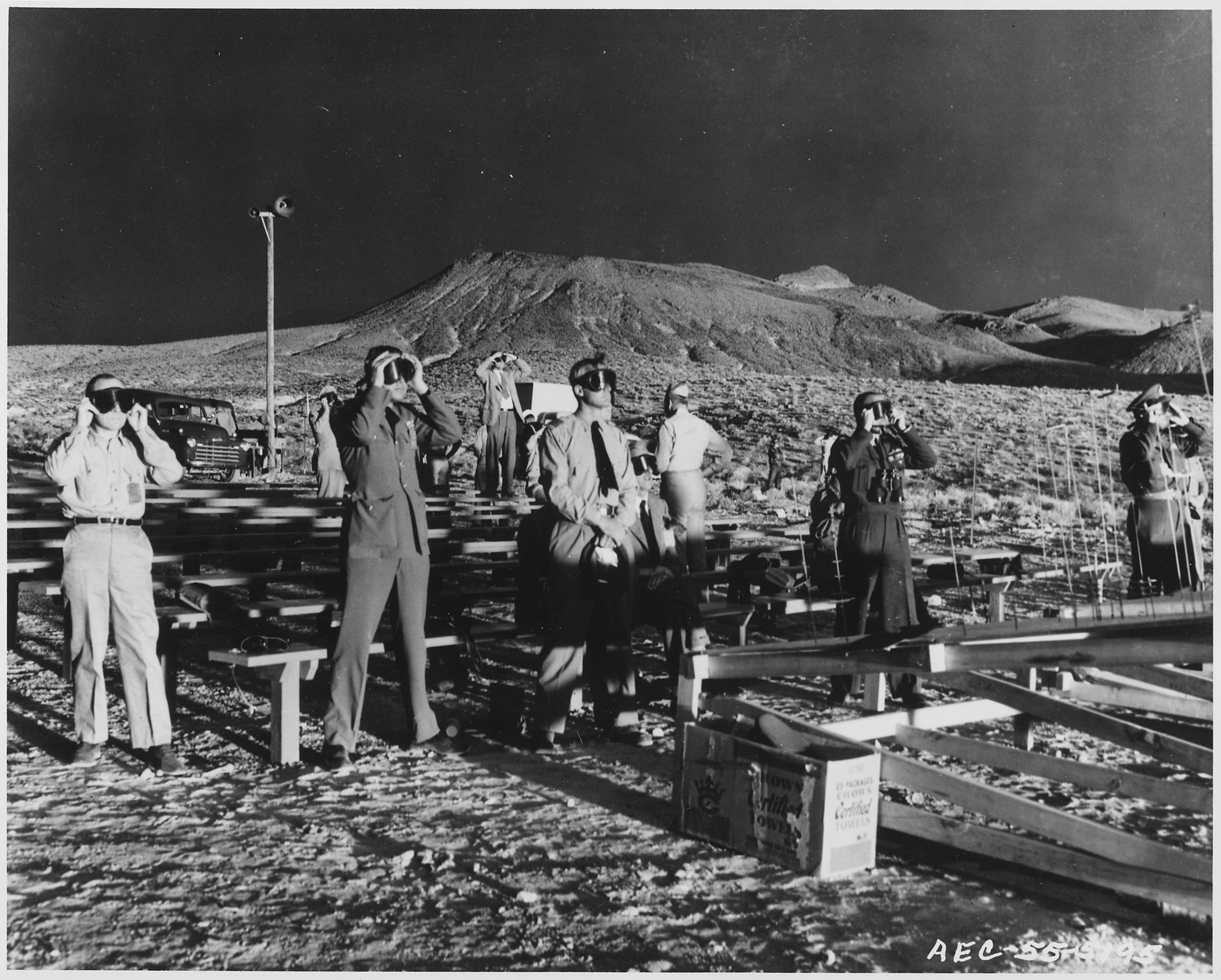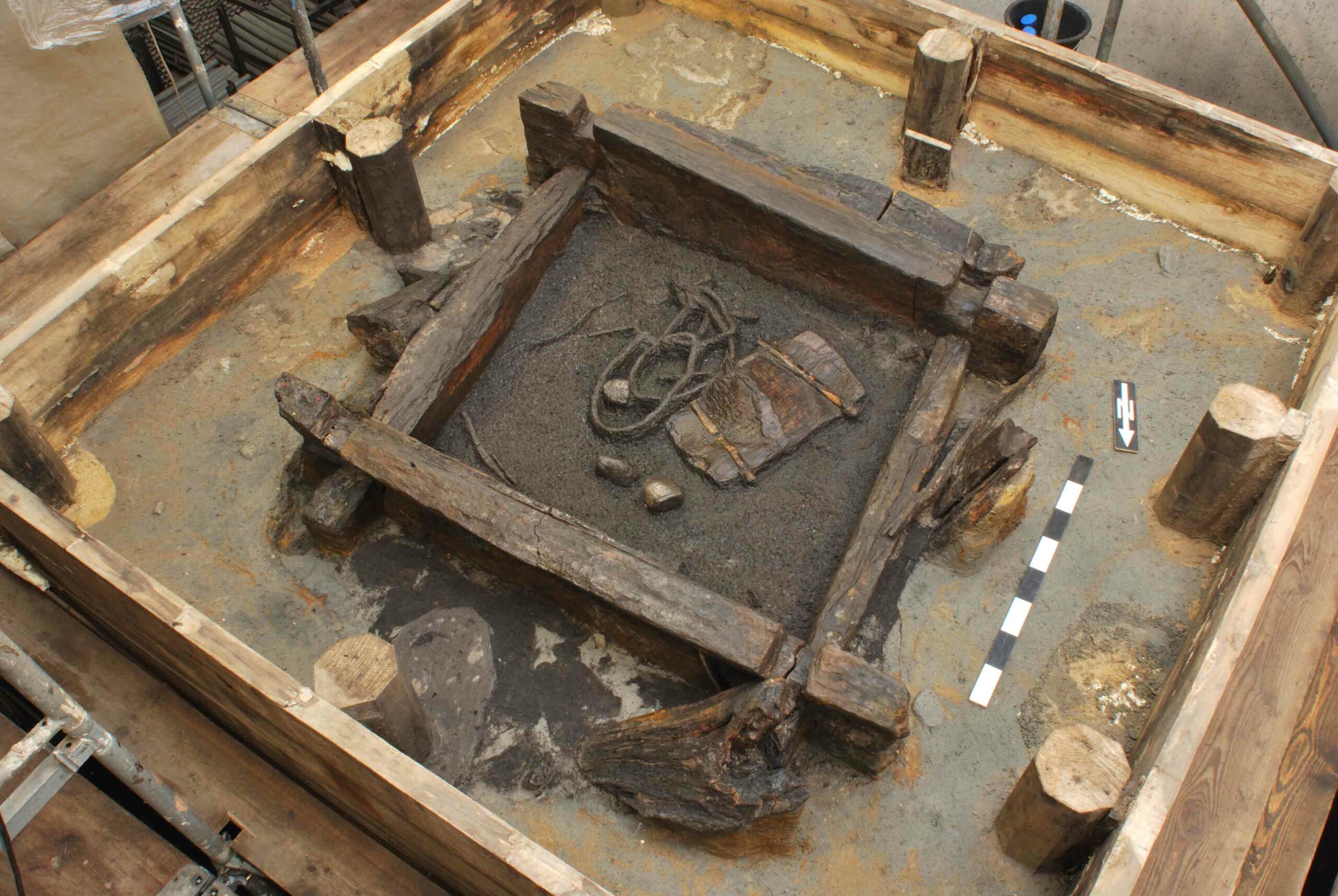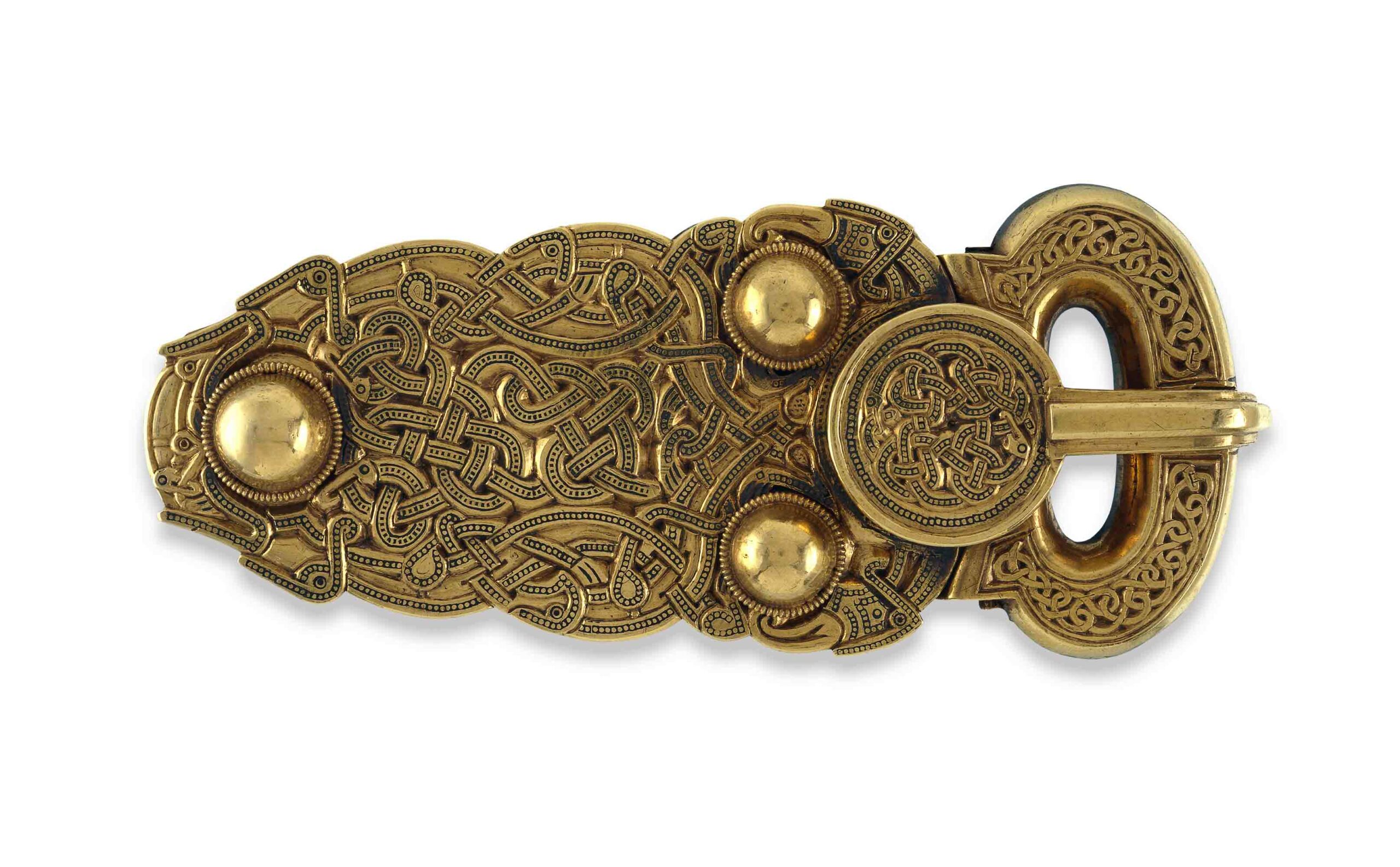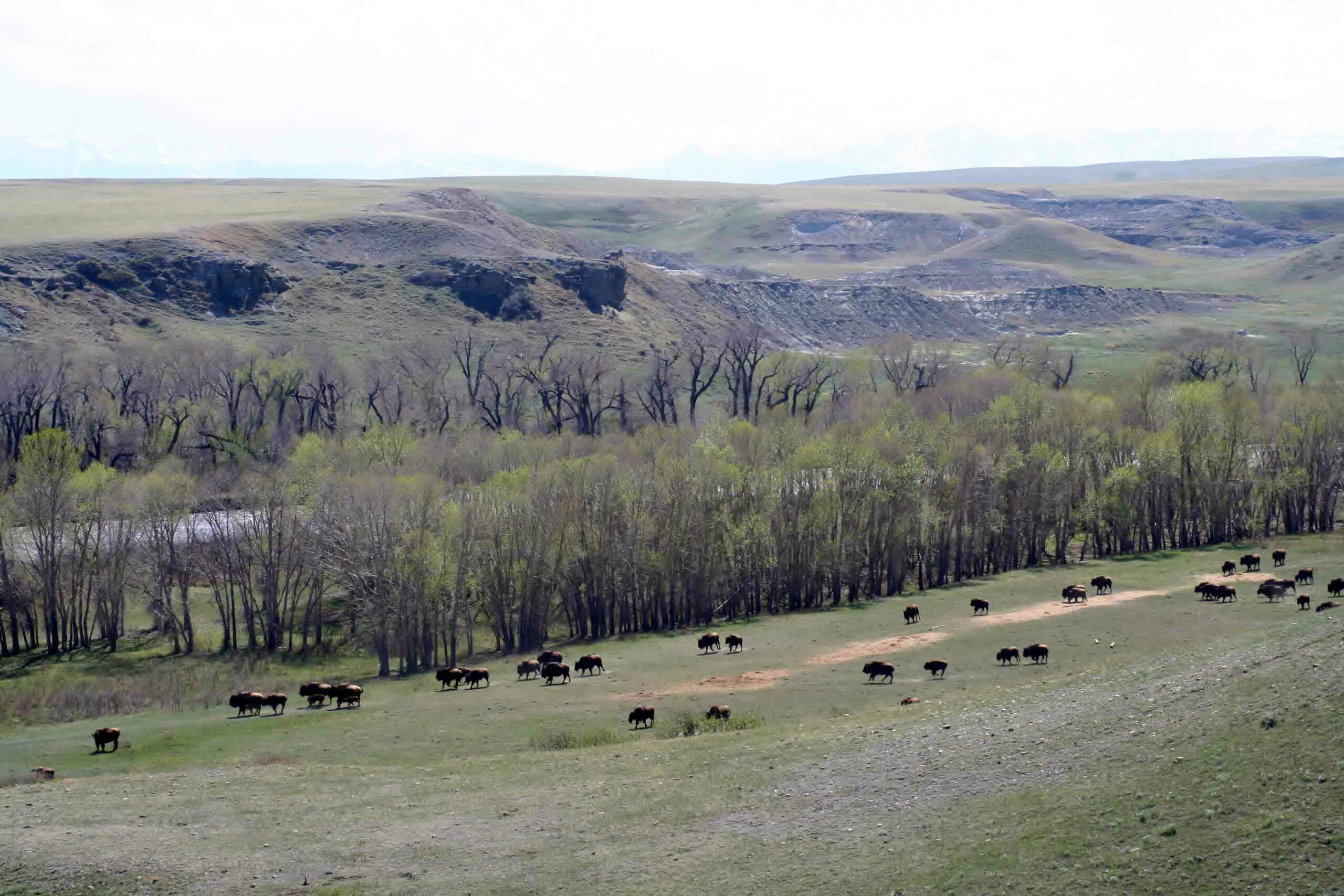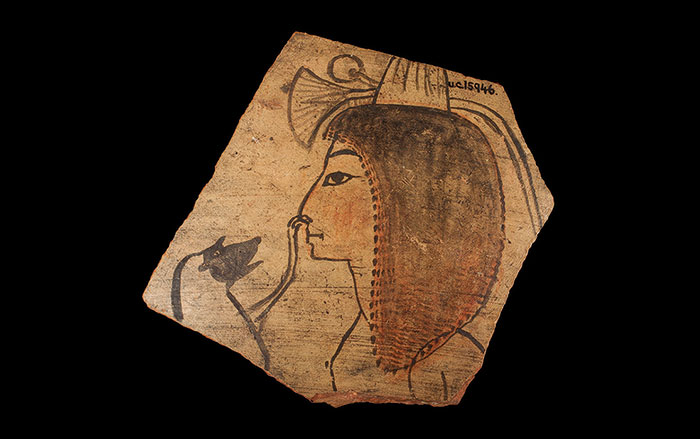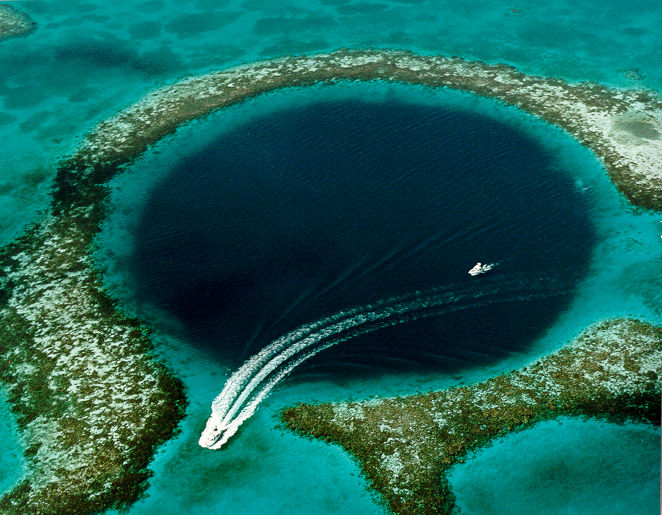
HOUSTON, TEXAS—New evidence from Belize’s Great Blue Hole strengthens the case that drought contributed to the collapse of Maya civilization. Earth scientist André Droxler of Rice University and his team drilled cores from the sediments of the Great Blue Hole, located near the center of Lighthouse Reef. “It’s like a big bucket. It’s a sediment trap,” Droxler told Live Science. The team also collected samples from Romboid Reef and analyzed their chemical composition, especially the ratio of titanium to aluminum. When rain is plentiful, titanium from volcanic rocks in the region is swept into streams and carried to the ocean. Low levels of titanium to aluminum suggest a period with less rainfall. Droxler’s team found that between A.D. 800 and 1000, when Maya civilization collapsed, there were only one or two tropical cyclones every two decades, rather than the usual five or six big storms. According to the new results, another major drought struck between 1000 and 1100, about the time of the fall of Chichen Itza. “When you have major droughts, you start to get famines and unrest,” Droxler explained. To read about a similar study, see "Long-Term Drought May Have Led to Fall of Harappan Civilization."



